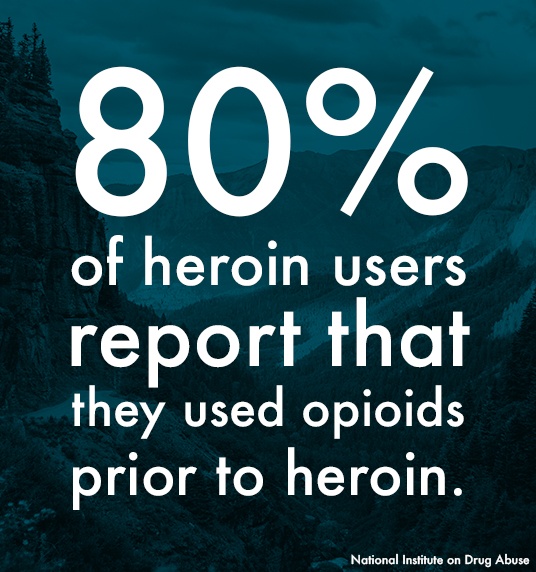Addiction to Legal Drugs: Prescription Painkillers and Benzodiazepines
Prescription drug misuse, abuse, and addiction is an ongoing problem in the United States. This includes prescription painkillers as well as benzodiazepines, like Xanax, Valium, or Klonopin. Prescription drugs are meant to be used under medical supervision, where check-ins and communication are important. However, this is clearly not fool-proof, even if medical professionals and patients are as diligent as possible. Many prescription painkillers and benzodiazepines carry a high risk for addiction. There is a high risk when both are used at the same time, with the CDC warning not to prescribe both at the same time if it can be helped. The National Institute on Drug Abuse (NIDA) found that more than 30 percent of overdoses that involved opioids also involved benzodiazepines. Further, the risk of overdose is 10 times higher when they are mixed, than when someone is only using opioids.
For a lot of people, there is an assumption that they will use prescribed, legal drugs safely and avoid addiction. Even people that are misusing legal drugs might have this assumption. The problem is that so many different factors involved can quickly change this. It’s possible someone’s genetics leave them susceptible to addiction, which they might not realize. While it’s easy to start out carefully using a prescription drug, dependence can creep up on someone before they realize it. At that point, addiction will start to change their behavior in ways that seem out of their control.
Opioids: Use And Side Effects


Prescription opioids are primarily supposed to be used for pain relief. They can be used for diarrhea and coughing as well. They provide a feeling of relaxation, pain relief, and can produce a euphoric “high”. Common prescription opioids include hydrocodone, oxycodone, codeine, and morphine. According to NIDA, they work by binding to and activating opioid receptors in the brain, spinal cord, and other organs in the body. Subsequently, they block pain receptors and release dopamine into the body which helps to provide a pleasurable feeling. Many people quickly become dependent, which is where they begin to misuse prescription opioids. It’s important for anyone taking prescription opioids to taper off with medical supervision. Trying to do so on one’s own can prove difficult and even impossible for many.
MountainView Recovery
5475 Mark Dabling Blvd #102
Colorado Springs, Co 80918
Contact Us Today!
MountainView Resources!
Mountain View Recovery Treatment Programs
Patient Resources
Addiction is complex, which means treatment and long-term recovery are complex. Despite this, it shouldn’t scare anyone – patients or their loved ones. It just means that treatment and recovery both require thorough and thoughtful planning.
Outpatient Program
Our outpatient program (OP) is a transition preparatory phase. It provides a minimum of nine (9) hours of weekly outpatient treatment. This involves a minimum of one (1) hour/s individual substance abuse/behavioral health counseling per week.
Adventure Therapy
For a long time, nature has been seen as a balm to the problems we face in society. Even during pre-industrial times, people would seek out the countryside as a means to feel better. Many people have also used nature as a way to understand the world.
Trauma and Recovery
Just like physical trauma occurs, so does psychological trauma. Any number of traumatizing events occur and cause psychological trauma. A lot of people will experience trauma before or because of addiction. It’s possible for addiction to deepen…
Neurofeedback
Nobody sets out with the intention of becoming addicted to anything. Even someone making a conscious decision to try substances is not intending to become dependent, experience withdrawal, and risk overdose or death. There are numerous factors.
